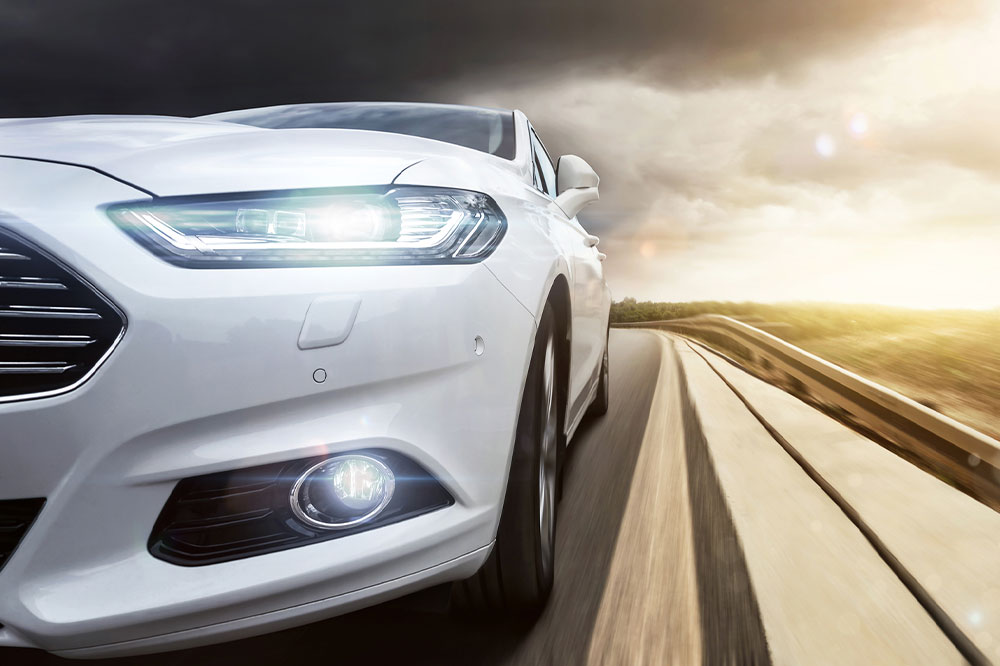Factors Affecting the Passenger Car Market in the Country
Back in 1956, the Rambler Six was a car that defined a new segment in automobile sizing in the United States. During this era of automobiles, the vehicle classes were defined lesser by their interior cargo capacity and passenger space and more defined by their wheelbase. The midsize sedan class has rapidly grown over the next decade, with an increase in size in the full-size field associated with a comparable growth in the midsize sedan classes.

Although the SUV segment is gaining momentum with growing sales, with sales figures that are ahead of the cross-overs constituting to around 25-30% of total car sales each year, mid-size sedans continue to be the most popular car category to be sold in the US. There is a wide range of cars to choose from and placed at a variety of starting price points; several manufacturers are vying to get their product as the best midsize sedans. The better of the midsize sedans can be scored well by attaining good reliability, safety, interior and performance ratings. Also, the customer preferences are largely influenced by what car reviews and professional automotive writers have to say. And then, we know that the best-rated cars in this segment score high marks from automobile reviewers based on several other factors like offering pleasant driving for daily usage, comfort, elegant interiors, user-friendly technology and good fuel economy.
If you look at the year-on-year performance of the midsize sedans, they accounted for 31.6% of overall U.S. passenger car volume last year. The year 2017 started with the midsize cars forming 28.9% of the US passenger car market. But, the sales of in this segment has fallen by 10% by the end of third quarter. However, this class still holds their space with double-digit sales since the decline in the market volume is not as severe as it was in the first and second quarters. Entry of the new Toyota Camry and Honda Accord into the market has largely contributed to the relative upturn in this segment. Primarily, the introduction of these new cars has to lead the dealers to push sales to empty their stocks of older cars by offering large discounts and then several excited customers are keen on buying the newer models of these popular cars. Cars like Chevy Malibu, Hyundai Sonata, and Kia Optima have done well in their previous generations relative to the recent models that are launched and are still underperforming. For a segment that has been looked as very unsexy since the recent past, It is still hazy if the newly launched models of Toyota and Honda can lure customers back into a segment with their bolder looks or not.
For those intending to buy a car, there may be several factors to look into based on the specific needs and what features are required for you to meet your needs. These days, moving away from the conventional gasoline and diesel-fueled engines, the midsized sedans are becoming more popular with turbocharged, hybrid and electric powertrains among the consumers who are becoming largely conscious of becoming environment-friendly. However, if pricing is a factor while making a new car purchase, the math has to be worked out to compare the fuel savings of the conventional engines over the higher price of the cars with alternative fuel options. Apart from the economy class, some sedans are considered under a luxury badge. Along with a smooth ride, these cars offer an excellent combination of latest high-tech features like large infotainment screens, automated collision prevention systems, etc. and great performance with powerful engines and composed handling that offers higher horsepower. Top-notch design and rich interiors with roomy rear seats and high-end materials add to the comfort of the drive offered by these cars. And then few customers may consider some of these cars for their sporty performance based on review although not well rounded.